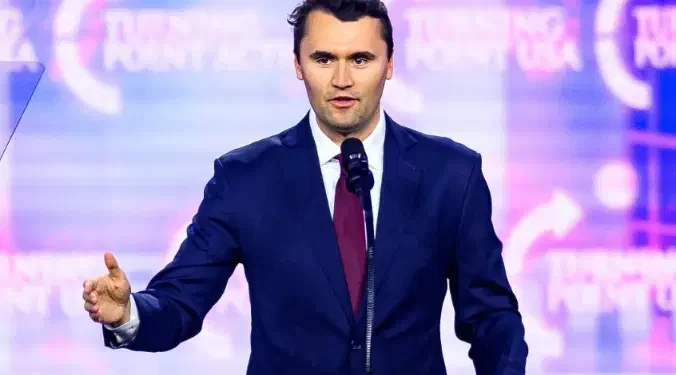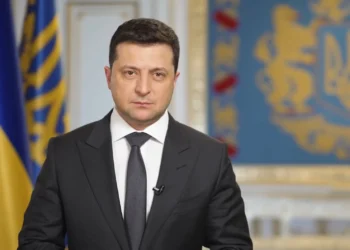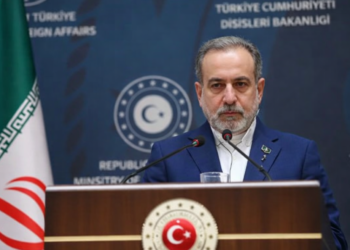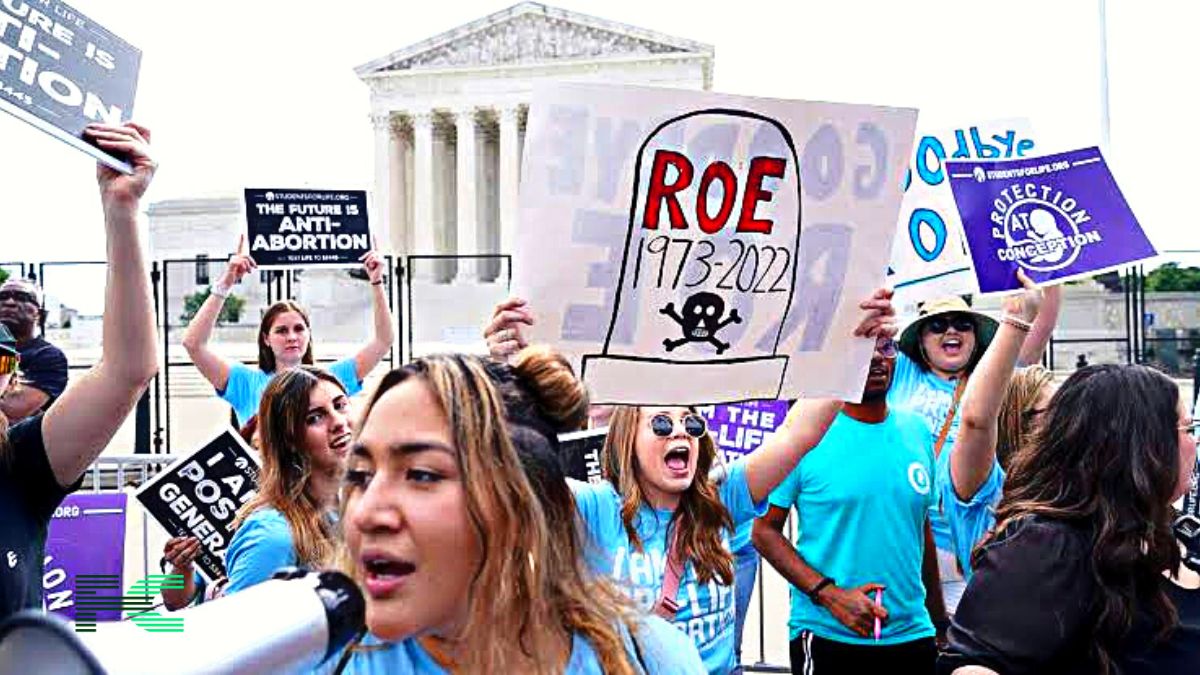The pursuit of the death penalty for Tyler Robinson, the man accused of killing conservative activist Charlie Kirk, is a political act being used to send a powerful message to the general American populace. It’s an indictment of the toxic climate of political division in America, where a young man’s descent into radical ideology is met with a swift, and perhaps disproportionate, legal response. The decision to seek capital punishment is in no doubt, to placate the political voices demanding the harshest possible retribution. This move, while legally permissible, sets a dangerous precedent by tying the ultimate penalty to an act of political violence.
The Political Weaponization of the Death Penalty
In Utah, the state law allows for the death penalty in cases of aggravated murder, and the prosecution has identified several aggravating factors, including that the murder was committed in the presence of children and that the victim was targeted for his political views. While these are valid legal arguments, the case stands out in a state that has rarely used capital punishment in recent years. This suggests that the prosecution’s decision was influenced by the high-profile nature of the case and the public outcry.

When the President of the United States calls for capital punishment, it’s hard to argue that the decision is made “independently.” This case is an example of the death penalty being used as a political tool to show a tough-on-crime stance against a person deemed a political enemy.
Why It Matters
The true solution to preventing more acts of political violence is to address the root causes of the widespread animosity that led to Kirk’s death.
To do this, the prosecution has to first of all focus on securing a life sentence without parole rather than the death penalty. While capital punishment may satisfy a desire for revenge, it also risks creating a martyr for the very political extremism it plans to condemn. A sentence of life without parole is a just and severe punishment that does not carry the added political and ethical baggage of an execution.
Secondly, leaders on both sides of the political spectrum must de-escalate their rhetoric. A Reuters/Ipsos poll revealed that roughly two-thirds of Americans believe harsh rhetoric is encouraging violence. This is a clear sign that leaders have a responsibility to tone down their language, especially on social media, which has become a powerful accelerator for radicalization.

















